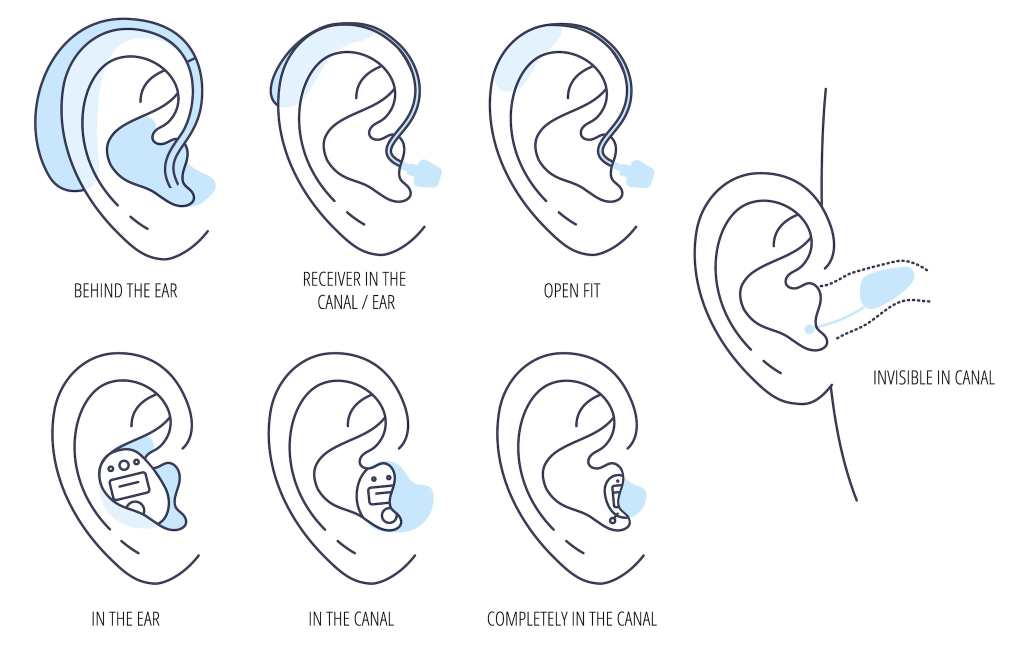- Phone :8424935000
- Phone :9821593825
- Branch :CBD & KHARGHAR
- Enquery Now
Symptoms of Hearing Loss
Hearing loss is a prevalent condition that can affect individuals of all ages and backgrounds. Whether it’s a gradual decline in hearing ability or a sudden impairment, recognizing the symptoms is crucial for early intervention and management. In this comprehensive guide, we delve into the various indicators of hearing loss, shedding light on what to look out for and how to seek appropriate assistance.

Feeling isolated or withdrawing from social activities is a common psychological effect of hearing loss. Struggling to follow conversations or feeling embarrassed about asking others to repeat themselves can lead to avoidance of social gatherings.
Individuals with hearing loss may experience fatigue and strain during conversations, especially in noisy settings. The effort required to concentrate and decipher speech can be exhausting, impacting overall well-being.
Tinnitus, characterized by a ringing or buzzing sensation in the ears, is often associated with hearing loss. While not a direct symptom of hearing loss itself, tinnitus can accompany auditory impairments and exacerbate the condition.
Difficulty hearing over the phone is a common challenge for individuals with hearing loss. As a result, they may avoid making or receiving phone calls, preferring alternative forms of communication such as text messaging or email.
Hearing loss can make it particularly challenging to navigate noisy environments such as restaurants, parties, or crowded spaces. Background noise can interfere with speech comprehension, leading to frustration and discomfort.
Often, it’s not just the individual experiencing hearing loss who notices the changes. Family members, friends, or coworkers may observe difficulties in communication or notice that the individual is not responding appropriately to sounds or conversations.
